Introduction to the Knowledge Co-Creation Programs on Turkmenistan “Improving Teaching Methods for Engineering Education” in University of Tsukuba
2023.11.21
With the aim of contributing to the economic and social development of Turkmenistan, JICA is conducting a country-specific training course on “Improving Teaching Methods for Engineering Education” with the cooperation of the University of Tsukuba, in order to develop human resources in the engineering field with advanced skills in Turkmenistan.
We have received short reports from the Turkmenistan participants, so we would like to share with you the progress of the training.
【System Engineering
】
The landscape of contemporary science paves the way for the technologies of tomorrow. Education emerges as the most effective means of acquiring skills and knowledge through various teaching, studying, and learning processes.
Currently interning at the Intelligent Robot Lab in Japan with the support of JICA, I am immersed in the world of robotics and robot programming. This experience is not only a reflection of the ever-evolving science shaping future technologies but also an opportunity to delve into practical applications.
In tandem with my current internship, the focus extends beyond robotics to the broader domain of engineering education. Exploring and enhancing teaching methods in this field is not just a professional endeavor but a personal one as well. It involves understanding how theoretical knowledge is effectively communicated, applied, and transferred to real-world contexts.
This internship experience offers more than technical insights; it's a cultural immersion. Being in Japan provides a unique backdrop to not only learn about robotics but also understand the nuances of Japanese culture, language, and academic practices. Engaging with the global community at Tsukuba has proven to be an enriching experience, fostering connections with peers from around the world.
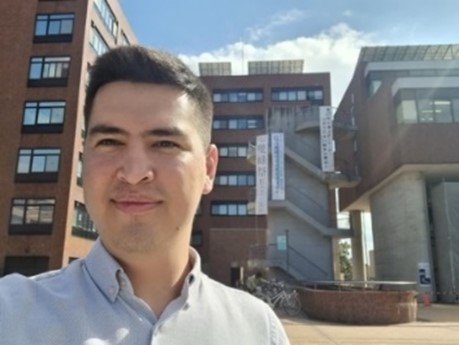
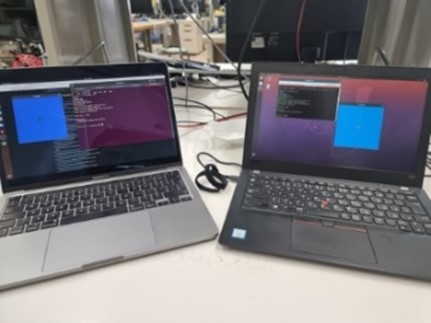
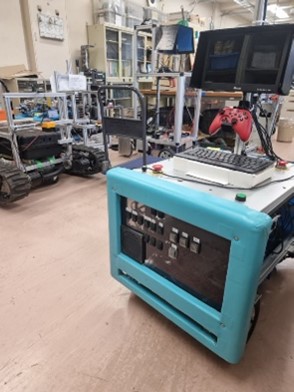
【Material Science
】
The science of today is the technology of tomorrow. Education is the best means of acquiring skills and knowledge through various teaching, studying, and learning processes.
Semiconductors are an essential component of electronic devices. The semiconductor materials design laboratory of Tsukuba University's primary interests and areas of expertise are developing semiconductor materials. Moore’s law states that the number of transistors on a microchip would double approximately every two years, leading to smaller, faster, electronic devices. 2D TMDs materials, MoS2 is mostly studied one as it shows advantages as a good conductive monolayer channel with higher mobility. There are several methods for the fabrication of thin film. So far, researchers have successfully fabricated MoS2 nanosheets with ALD, CVD, Sputtering and Molecular beam epitaxy methods. The aim of research is to study and discuss properties of different methods fabricated MoS2 thin films.
Improving teaching methods for engineering education training program in Japan great opportunity to learn teaching methods of subjects through practical Engineering teaching and how to transfer technology into industry. Training abroad allows us to explore new cultures, new places, languages, and gain a global perspective, academic opportunities and make friends from around the world. It can be an extremely incredibly rewarding and transformative experience that offers numerous personal and professional benefits and will allow us to develop highly valued skills such as creativity and problem-solving.
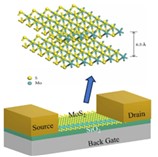
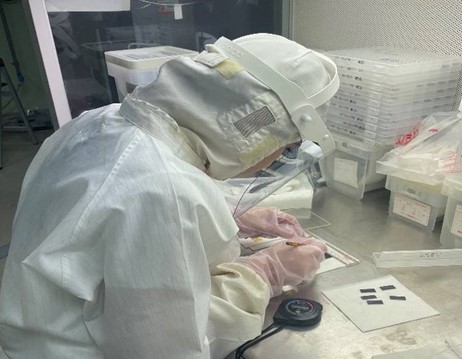
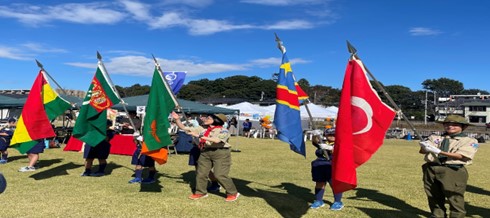
【Life and Food Science
】
I am doing research at the Food Resources Engineering Laboratory of the Institute of Biological and Agricultural Science of Tsukuba University. I learn preparation of emulsions and evaluation of their characters such us droplet size and distribution, droplet charge and stability. I am doing experiments for searching new and new plant extracts which could be natural emulsifiers in emulsion production. For this purpose, we analyze many physicochemical properties of extract like chemical composition and interfacial tension. By doing these works I also learn using many labs equipment such as high-speed and high-pressure homogenizers, static laser diffraction particle size analyzer, dynamic light-scattering particle size analyzer, interfacial tensiometer etc. The assisted professor of Food Resources Engineering Laboratory Antonio Marcos das Neves instructs me doing my research work. Doing research is main part of Japanese style of teaching Engineering sciences. That’s why most of our time passes by doing research in the laboratory.
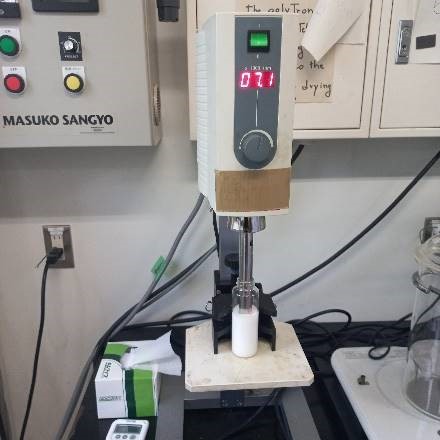
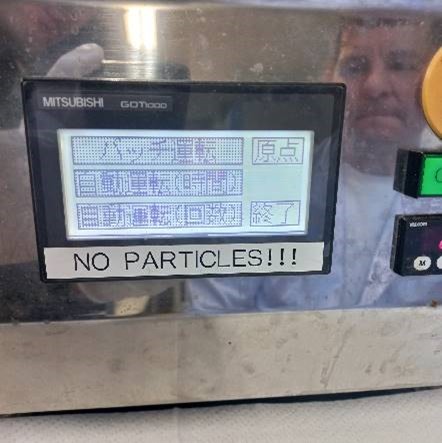
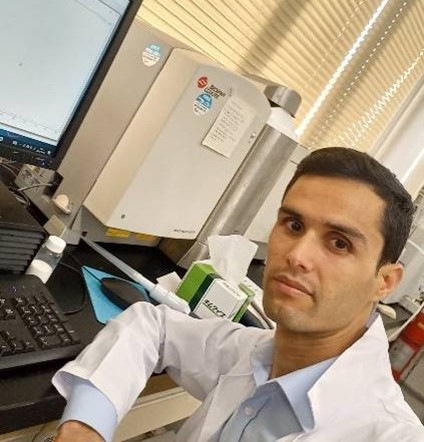
【Japanese, Japanese culture】
“Improving teaching methods for engineering education” training program which was organized by JICA is a great opportunity to learn Japanese style of education, and to do some research works with Japanese professors. Now, I am learning here methods of teaching Japanese language by taking part in some lectures and working on a topic “collocations in Japanese and Turkmen languages”. Collocation is a combination of words that are fixed and coexist in one sentence. Collocations are a very important part in learning foreign languages. At the free times I go to the Central Library of Tsukuba University where I like to spend a time because I can find their huge number of books on different areas of science.
Pictures: There was a conference between Tsukuba University and Oghuz Khan Engineering and Technology University of Turkmenistan.
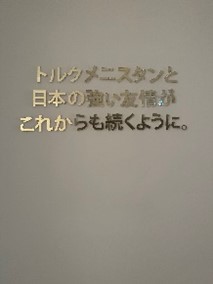
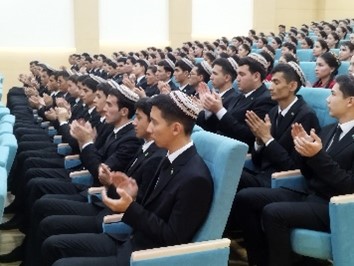
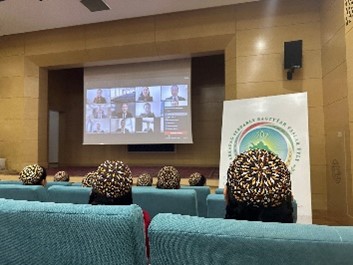
scroll